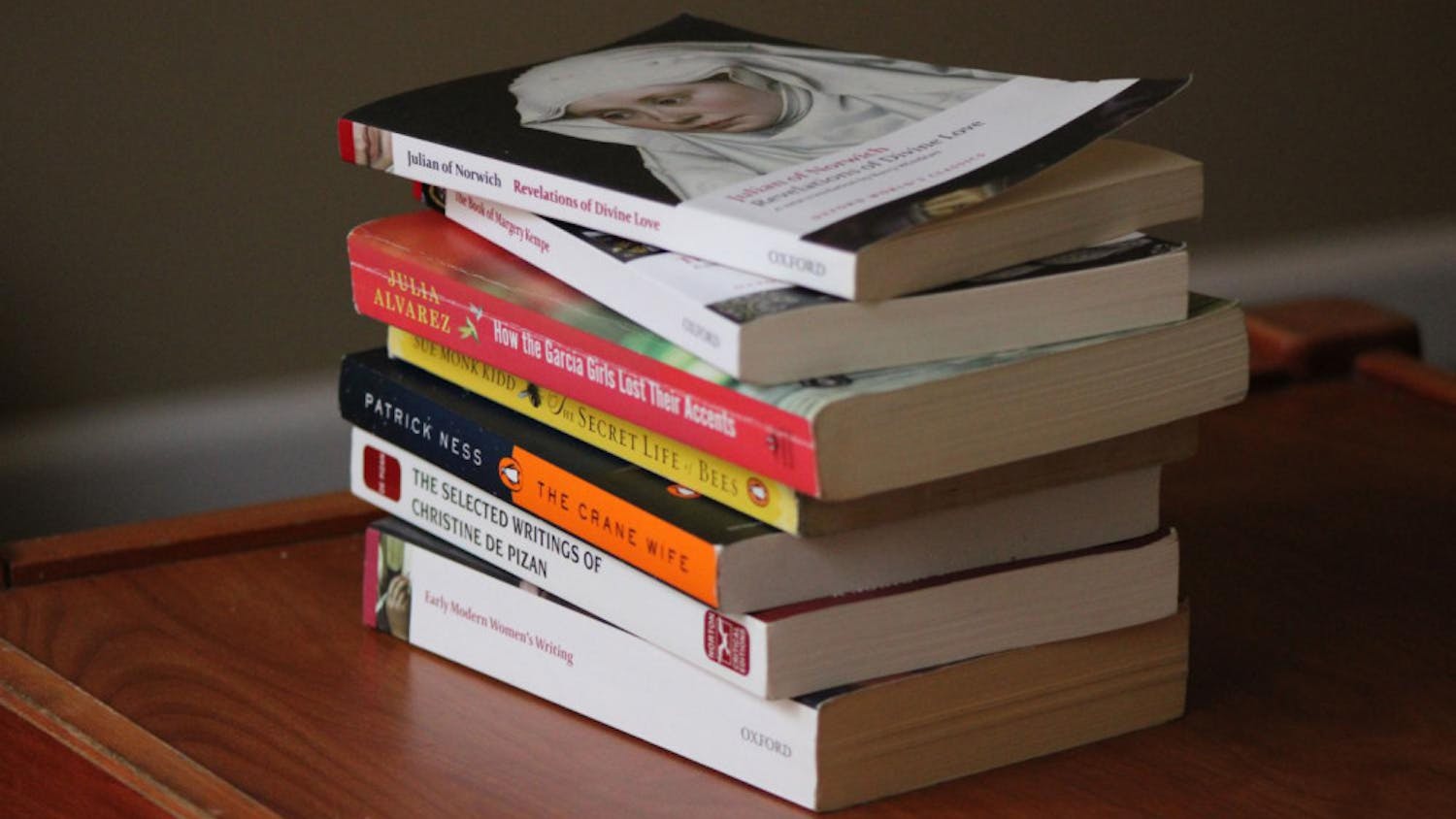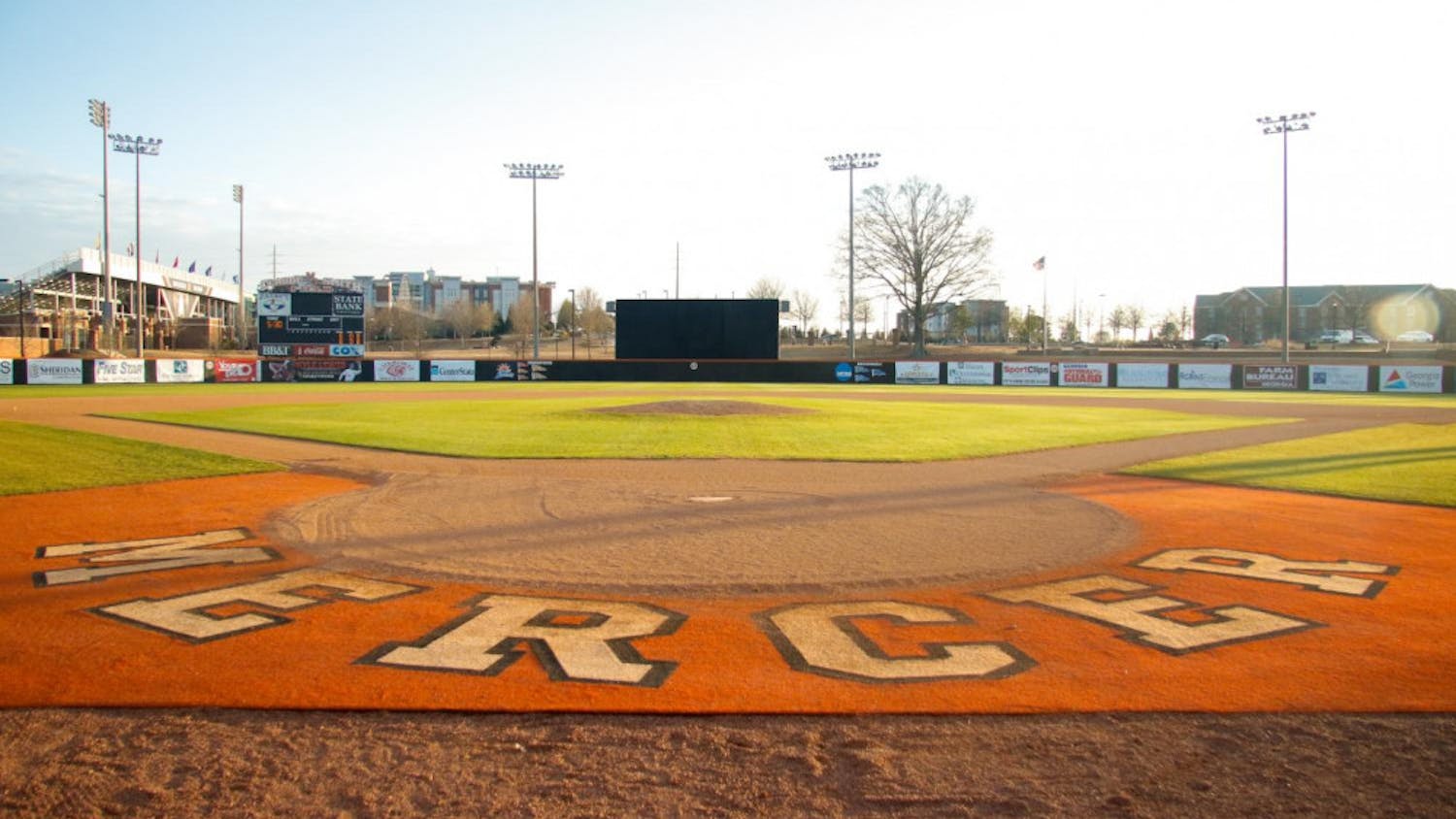A new machine is arriving Mercer’s School of Engineering this week - one that will play an important role in more than just education. Called a Material Testing System, an MTS is a machine that allows engineers to test many of the structural properties of different materials. Examples of these properties might include things like the amount of stress, strain or twisting forces that a material can endure before breaking. Knowing these values is essential to the engineering design process because it allows engineers to ensure that a product’s components will hold up to the forces it may encounter during use. What makes this new MTS special, however, is its specific applications for biomedical engineering.
Acquisition of the new machine was overseen by Dean Wade Shaw and Dr. Ha Vo of the Biomedical Engineering department. The new MTS will be replacing an older model currently used in the department to train students in some of the design aspects of biomedical engineering. While the older machine still functions, a lack of an integrated computer system makes operating it difficult, and its inability to measure torsion (twisting forces) prevents engineering students from analyzing certain motions in the human body, such as rotating a wrist or ankle. The new machine uses a fully integrated computer system that can simulate complex actions that may take place in the human body over a period of years in a matter of hours.
Unlike a conventional MTS that might be used to measure something like the breaking point of a steel beam, a MTS used in biomedical engineering is specifically calibrated to measure material aspects of the human anatomy, such as the force required to break bone, or tear tissue. At the same time, it also allows engineers to test components like the screws, joints, and adhesives used in prosthetics to determine how quickly they might wear out or break.
“It’s truly an enabling system for engineers,” said Shaw. “It allows us to simulate something like the stress and wear on a knee bending for a whole lifetime in just two days. It’s necessary to know things like that, because before we can even build a prosthetic, we need to understand what the physical body actually does…and [an MTS] allows us to do that.”
Apart from serving as a brilliant tool for education, Mercer’s MTS plays a pivotal role in designing the actual prosthetics used to improve the lives of hundreds of people in Vietnam through the Mercer on Mission trip. It is estimated that at least 100,000 amputees currently live in Vietnam and more than 2,000 Vietnamese are injured each year by unexploded land mines left over from the Vietnam War. Unable to afford treatment, many of these people often go without any form of prosthetic, limiting their ability to retain a steady job and support a family.
To combat this problem, Dr. Vo, also a practicing medical doctor and native of Vietnam, developed an inexpensive yet durable and universal-fit prosthetic that can be adjusted by the wearer for both changes in height and size. Thanks to grants from sponsors, the prosthetics are able to be designed using Mercer’s MTS in the U. S., manufactured in a factory in Vietnam and fitted free-of-charge to the patients who so desperately need them. This summer’s Mercer on Mission group of 18 students will travel to the country at the end of May and stay until the third week of June, and will likely fit more patients than ever before.
Although it may seem impossible to think a machine like an MTS could have such an impact on someone living over 9,000 miles away, it does have an impact – a very strong one.
“Since we began the program in 2009, we’ve fit almost 1,000 patients with prosthetics, and that number grows more each year.” said Vo, adding that none of the program’s success would have been possible without the MTS machine.
While the patients receiving the prosthetics “don’t know what an MTS machine is and likely never will,” according to Shaw, “the change they experience and their thankfulness is mirrored in Dr. Vo and his students, who have an equal appreciation for the technology that allowed them to bring about that change.” Shaw added that the new machine will allow for improvements to the prosthetics’ design and fit. Rarely is it possible to look at a piece of equipment in such a light. Almost by definition, an MTS is a machine used to break things, and yet, for Dr. Vo and his students, it helps them make people whole
When comparing biomedical engineering to the other engineering disciplines, it stands out as one of the few engineering sciences that can directly impact someone on a personal and emotional level. Giving someone a prosthetic limb is not the same as giving them a new computer, a new road or a new electronic gadget. It is giving them a new lease on life. It is giving them the ability to walk again - to be independent and to stand alongside their loved ones.
“It is rewarding in so many ways...we are truly changing people’s lives through the use of technology like the MTS,” Vo said. He also shared the words one patient told him: “You’ve changed my life…I almost took my life away because I couldn’t walk, I couldn’t work, I couldn’t do anything for my family…I wanted to take my own life. But you’ve brought my life back.”
This week the U.S. celebrates Engineering Week, and this year’s theme is “Make a Difference”. The new MTS was delivered on Tuesday, and should be operational by the end of the week. Thanks to its numerous improvements, Mercer engineering students and faculty will continue to make an even bigger difference in the lives of the people of Vietnam.




